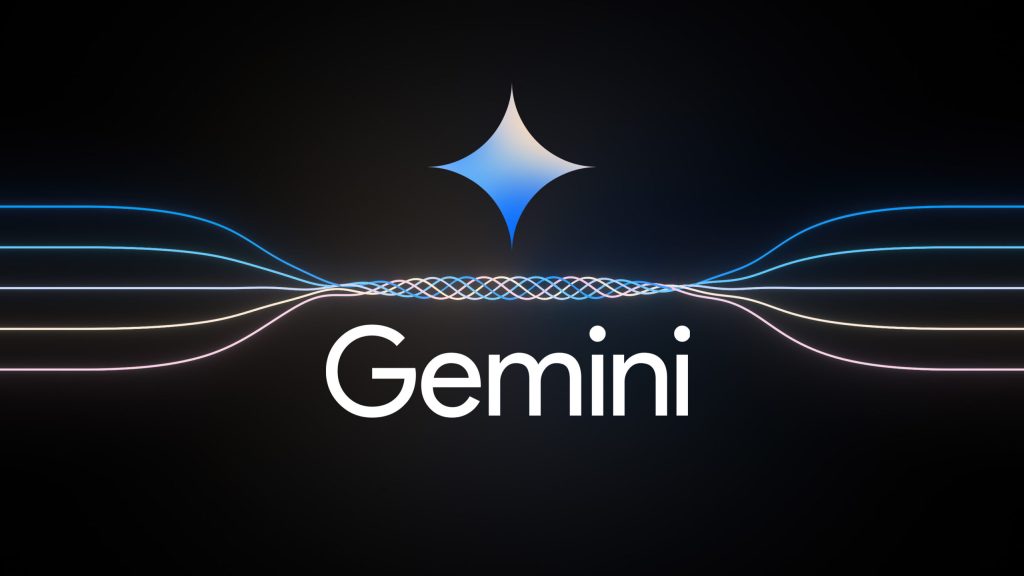There are very few things out there that have managed to capture mankind’s attention as effectively as Artificial Intelligence (AI).
From agriculture and farming to retail, shopping, and fashion, there’s hardly an industry that doesn’t make use of AI these days. And why wouldn’t they? Not only does AI make our lives easier, but also helps us develop a much smarter outlook of the world.
Given its immense potential and diverse utilities, it is no surprise thus, that AI is now starting to make significant inroads into the marketing and advertising industries as well.
What Is AI Marketing?
In simple words, AI marketing refers to the integration of AI into different marketing practices. It involves using artificial intelligence technologies to execute automated decisions that are based on data collection, prevalent market and economic trends, audience feedback, and of course, data analysis.
The integration of AI has allowed the think tanks in this industry to significantly accelerate their marketing efforts.
AI-powered tools carry out an extensive analysis of customer profiles and then use the inferences from the same to chalk out highly efficient communication strategies.
Essentially, this exercise allows them to deliver tailored messages at the right time and altogether eliminates the need for human intervention.
As a result, the overall efficiency of operations shoots up considerably.
AI marketing use cases include natural language processing, content generation, data analysis, media buying, automated decision-making, and real-time personalization.
For the marketers of today, AI is a tool that empowers them to gain an extremely comprehensive and nuanced understanding of their target groups. Subsequently, this allows them to come up with campaigns that never fail to strike the right chords.
Why Artificial Intelligence In Marketing?
Besides launching smart and sophisticated campaigns, the integration of AI into marketing and advertising activities allows agencies to deliver an improved customer experience to their users.
More than anything, AI helps these professionals to make predictions on future outcomes based on historical data. In the process, it fast-tracks their decision-making process.
In the times to come, AI will eventually equip brands with the ability to personalize at scale, a feat that is deemed unthinkable at the moment. Consequently, apart from enabling businesses to outrank their competitors, it will also allow them to stay ahead of the curve at all times.
Benefits of AI In Marketing
Listed below are some of the benefits of using AI technologies in the field of marketing and advertising.
Personalized Experience
Artificial Intelligence arms marketers with the tools to craft extremely personalized customer experiences that cost a lot less than traditional high-priced campaigns. Additionally, it enables them to record every interaction that their customer or a prospect makes with their solution or product for future reference.
Sales Forecasting
It helps marketing professionals to scale their sales forecasting methods to new heights. Sales forecasting plays a critical role in determining the long-term business growth of an organization. Subsequently, every company devotes a major portion of its time and resources to forecasting processes.
Despite the persistent efforts, however, the traditional methods have invariably proved ineffective in achieving the desired results. This is where AI came to their rescue. By eliminating the grave issues that were inherent to traditional forecasting methods, it brought about a marked improvement in their accuracy.
Predict user Behaviour
The use of AI in marketing allows organizations to accurately predict user behavior. AI solutions allow marketers to gain meaningful insights regarding the likes and preferences of the customers and understand the emotions or sentiments that they associate with their brand. As a result, this helps businesses to devise market strategies to ensure the effective branding of their services and products.
With continuous advancements being worked into AI technologies round the clock, predicting customer behavior continues to grow more and more convenient with every passing day. Besides designing successful marketing campaigns, these tools also allow brands to enhance their customer engagement as well.
Digital Advertising
One of the most prominent uses of AI in marketing is to optimize campaigns for digital advertising. As AI-powered solutions provide marketers with deeper insights into online data, social profiles, and user data concealed in keyword searches, it enables them to implement digital ad campaigns that are effective and intelligent at the same time.
Further, with AI by their side, marketers these days are more familiar with their targeted prospects, consumers, and clients than ever before. Subsequently, it empowers them to build utterly comprehensive consumer profiles.
6 Applications of AI In Marketing And Advertising
Chatbots
Having burst onto the scene a couple of years ago, chatbots have gathered considerable momentum ever since.
Continuous improvements and advancements over the years have resulted in modern chatbots becoming more user-friendly, engaging, and responsive.
Chatbots are a great means for an organization to deliver prompt answers to their customers as well as record the complete buying history. Additionally, they are also used for customer service, e-commerce transactions, product recommendations, and sales Q&A.
Content Strategy
With the help of AI, certain online platforms can use techniques such as content clustering to recommend topics to their visitors based on their search queries.
In the coming years, AI is expected to evolve further and expand its utility from providing just recommendations to advising people on the usage of keywords, frequency of publication, as well as the timing of their posts.
Social Media Monitoring
Although there already exist a few tools that perform this task, using AI-based tools is guaranteed to fetch you better results.
Using AI for social listening lets you effectively monitor the performance of your competitors and helps you identify content that you should ideally respond to.
Essentially, the inclusion of AI in social media monitoring practices opens up avenues of crisis monitoring and reputation management in plenty.
Influencer Auditing
With influencer marketing on the rise, AI helps brands curate influencers that might be relevant to their line of work.
By measuring the interaction volume of these accounts, AI helps you identify influencers that are most likely to gain traction for your products and services.
Social Media Ads
From automating the ad placements to determining the target audience, AI overlooks the entire journey of an ad on social media platforms.
Generally, brands use AI to determine which portion of their demographic would be more receptive to the ad that they are planning to release at the moment.
Predicting Trends
Brands use AI to efficiently process tons and tons of social media posts to spot subtle similarities concerning the images, texts, and hashtags used.
If it is successful in detecting any similarities as such, it’ll alert the company to the possibility of an emerging trend.
Impacts of AI on Digital Marketing
Powerful User Targeting
AI has made the practice of data-backed user targeting rampant among many companies out there. The AI algorithms employed by these organizations are capable of analyzing customer data and making accurate predictions about their buying behavior.
With these findings in their kitty, they get the liberty to chalk out marketing strategies and campaigns that can effectively capitalize on the said inferences.
Efficient Automation
AI algorithms have empowered digital marketers to automate a host of fundamental and redundant tasks, allowing them to save considerable time and resources in the process.
Reliable Data Collection
With the help of AI algorithms, companies are now able to collect data about users across multiple websites and sessions. This, in essence, enables the companies to predict the potential buyers of their products without having to approach them in the first place.
Customer Support
AI-powered chatbots have now made it increasingly possible for companies to provide real-time customer support to their consumers. Besides delivering an improved user experience, this also allows these organizations to inspire an indisputable degree of brand loyalty.
Online Ads
AI also plays a pivotal role in running and optimizing hyper-targeted online ads.
The most refined example of this is Google Ads.
Being on the top when it comes to online ad networks, Google’s automated (AI-enabled) bidding system makes sure that marketers tailor their ad bids such that the chances of an impression leading to click or conversions are significantly amplified. Google’s artificial intelligence + machine learning prowess also spends the assigned budget optimally.
How To Leverage AI In Marketing?
Above all else, AI in marketing has afforded present-day marketers with the scope of providing their customers with a highly tailored and digital customer experience.
You can leverage it further by adopting the following methods –
- Make use of smart segmentation to recognize your target demographic.
- As you already have the data that you need to create value at your disposal, you can use this to establish a relationship with your customers on their terms.
- Deliver customized content to each section of your target audience.
Conclusion
Although AI applications in the field of marketing and advertising are currently in their nascent stage, they are sure to gain ground swiftly in the upcoming years. And when that happens, not only will it unlock new levels of success for businesses but also usher in a new era of user experiences for the consumers.

Suggested Reads:
[catlist categorypage=”yes”]



